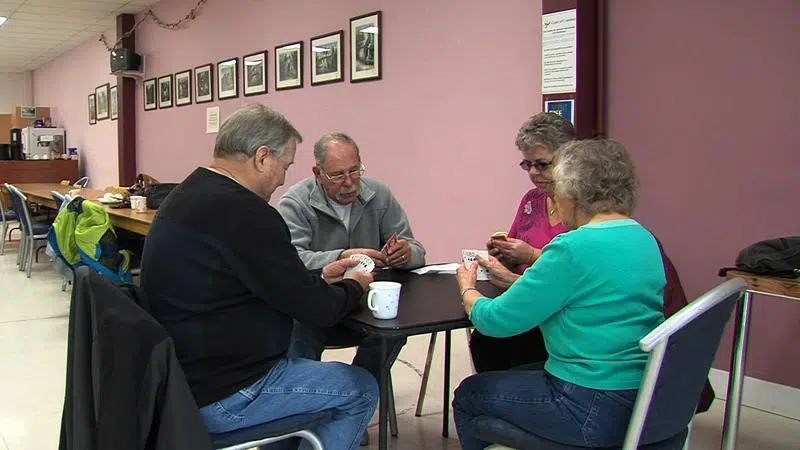
How seniors care in B.C has changed during a pandemic, and what measures could stay for the future
VICTORIA — In light of the COVID-19 pandemic, changes have had to be made in how seniors in B.C are cared for — whether that be at home, or in a long term care facility.
For at home care, the province doubled funding for Family Caregivers of B.C to $1 million. The money will be used to increase help line support for unpaid family caregivers experiencing high stress and needing a break from their responsibilities.
BC Senior’s Advocate Isobel Mackenzie says the emotional support offered is crucial for those who spend their time caring for others.
“This is really a way of saying now more than ever might be the time when you’re feeling overwhelmed, to reach out. Phone the Family Caregiver Support Line, talk to somebody, and they will connect you with other family caregivers.”


